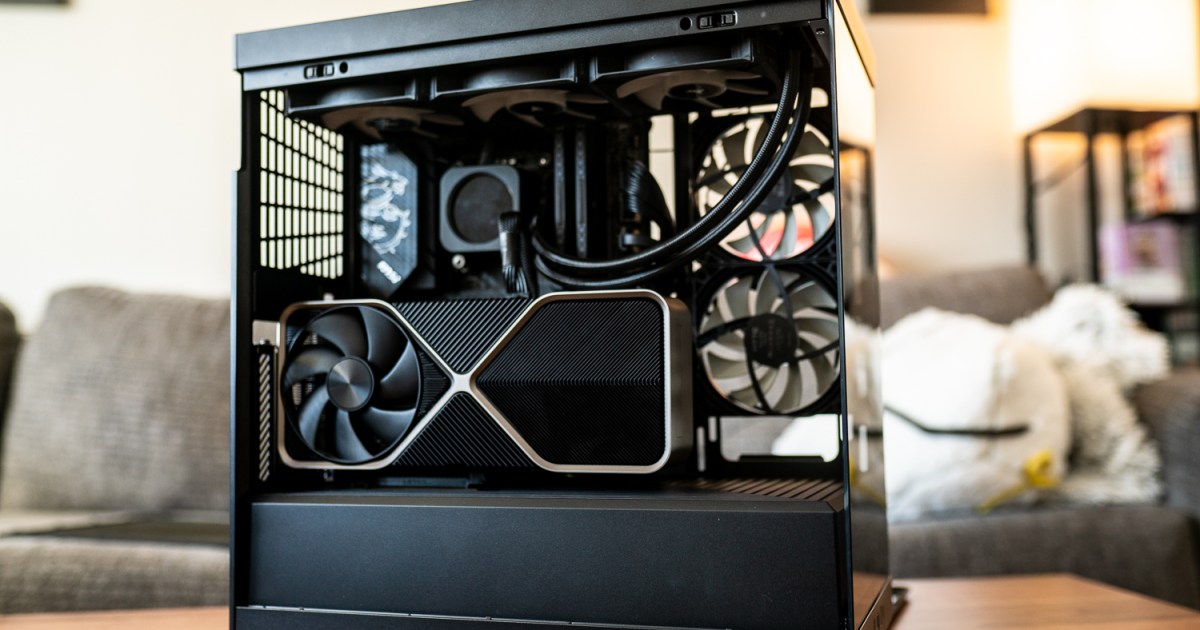AMD has confirmed that it’s laying off 4% of its workforce to focus on “large growth opportunities.”
It’s unclear how many workers have been impacted by the reduction — and which divisions. AMD had roughly 26,000 employees as of last year, according to the company’s annual 10-K filing. Four percent would translate to approximately 1,000.
“As a part of aligning our resources with our largest growth opportunities, we are taking a number of targeted steps,” an AMD spokesperson told CRN. “We are committed to treating impacted employees with respect and helping them through this transition.”
We’ve reached out to the company for more information and will update this piece if we hear back.
The news, which was previously reported by Wccftech, comes after a mixed Q3 earnings report. While AMD grew both revenue and profit, the company’s gaming division saw a 69% year-over-year decline, and guidance for the current quarter missed analysts’ expectations.
AMD has struggled to make progress in AI chip sales against rival Nvidia. A lack of inventory is one reason — by one estimate, AMD will ship 224,000 GPUs this year, a high volume, but not enough to satiate large customers like Microsoft and Meta.
AMD’s chips have also fallen short of what Nvidia’s can deliver in key AI training workloads, although AMD has positioned its offerings as the superior choice for AI inference (i.e., running models).
During the Q3 earnings call, AMD CEO Lisa Su tried to assure investors that the firm’s future chips will be highly competitive with Nvidia’s. “Our next-gen MI350-series silicon is looking very good, and is on track to launch in the second half of 2025, with the largest generational increase in AI performance we have ever delivered,” she said.
It’ll be an uphill battle. Consensus estimates have AMD’s 2025 revenues reaching $32.6 billion, up just $7.0 billion. Nvidia, meanwhile, is forecast to report quarterly revenues of $33 billion — virtually all attributable to AI chip sales.
AMD’s stock is down around 4% for the year.
Kyle Wiggers is a senior reporter at TechCrunch with a special interest in artificial intelligence. His writing has appeared in VentureBeat and Digital Trends, as well as a range of gadget blogs including Android Police, Android Authority, Droid-Life, and XDA-Developers. He lives in Brooklyn with his partner, a piano educator, and dabbles in piano himself. occasionally — if mostly unsuccessfully.
Subscribe for the industry’s biggest tech news




















 English (US) ·
English (US) ·